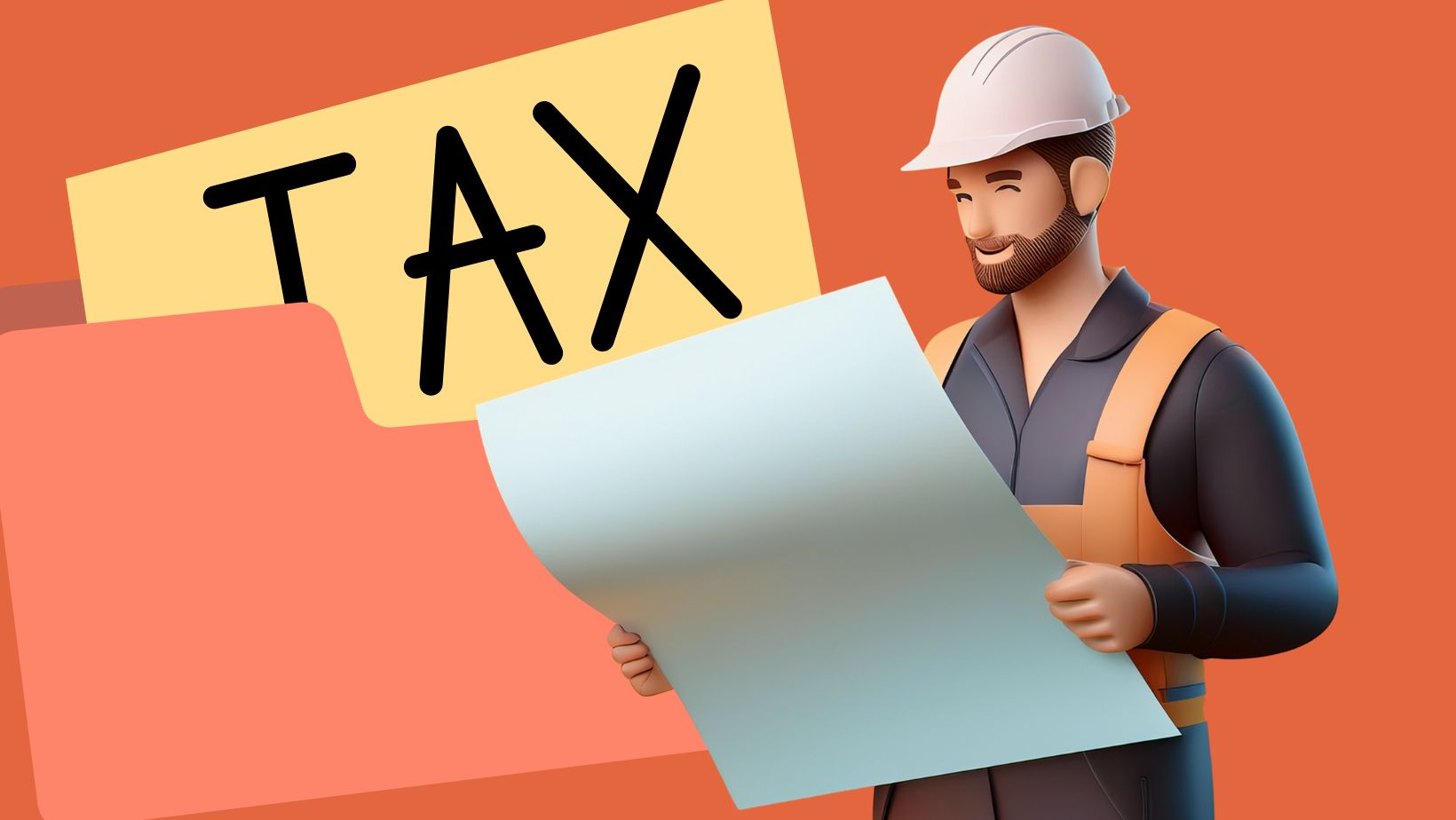The annual requirement to complete and submit a P11D is a familiar part of the payroll and year-end tax routine for contractors and small business owners. But with changes on the horizon, the traditional P11D process may soon become a thing of the past.
HMRC will make it so that all taxable employee benefits will need to be reported through mandatory payrolling instead.
This will come into effect in April 2027.
Here’s what you need to know.
What is a P11D?
The P11D form is used by employers to report benefits in kind (BiKs) provided to employees and directors that are not processed through the payroll. These are non-cash perks like company cars, private medical insurance, or interest-free loans, that have a taxable value.
While the form is completed by the employer, the information impacts the employee’s personal tax position and the employer’s Class 1A National Insurance Contributions (NICs).
Who needs to submit one?
Any employer that provides taxable benefits to employees or directors must submit a PThe P11D form is used by employers to report benefits in kind (BiKs) provided to employees and directors that are not processed through the payroll. These are non-cash perks like company cars, private medical insurance, or interest-free loans, that have a taxable value.
While the form is completed by the employer, the information impacts the employee’s personal tax position and the employer’s Class 1A National Insurance Contributions (NICs).
Who needs to submit one?
Any employer that provides taxable benefits to employees or directors must submit a P11D for each individual in receipt of those benefits. Additionally, a P11D(b) form must be submitted to declare the amount of Class 1A NICs due on the total value of benefits provided.
Typical benefits reported on P11Ds include:
- Company cars and fuel
- Private medical or dental insurance
- Interest-free or low-interest loans
- Assets transferred to employees
- Living accommodation
For contractors operating through a limited company, even a director receiving these benefits could trigger the need for a P11D.
What’s changing?
The government intends to make it mandatory for all benefits in kind to be reported via payroll software from April 2027. This will effectively phase out the P11D process altogether.
It means that benefits will be taxed in real-time through PAYE, aligning with how salary and wages are taxed. Employers will also pay Class 1A NICs as part of their payroll calculations, removing the separate year-end P11D(b) process.
This shift is part of HMRC’s ongoing effort to simplify tax reporting, improve compliance, and reduce administrative burdens for businesses. The change is still some time away, but the direction is clear.
Can you move BiKs to payrolling now?
Yes. Employers can voluntarily begin payrolling benefits in kind before it becomes mandatory. This involves registering with HMRC before the start of the tax year (by 5 April) and ensuring your payroll software supports the process.
Once registered, benefits are included in employees’ taxable pay, removing the need for separate P11D reporting for those items.
However, some benefits, such as employer-provided accommodation and interest-free loans, are not currently eligible for payrolling. For those, a P11D would still be required until guidance or policy changes.
What should employers do now?
With the move to mandatory payrolling just over a year away, it may be worth assessing your current benefits provision and how you manage your end-of-year reporting.
Consider the following steps:
- Review your benefits: Identify which benefits you provide and whether they’re eligible for payrolling.
- Evaluate your payroll software: Check whether it supports payrolling of BiKs and ensure it will be ready for the 2027 changes.
- Decide on early adoption: Weigh the benefits of transitioning to payrolling before the mandate (like real-time tax accuracy and reduced year-end paperwork) against the practicalities of implementation.
- Stay informed: Keep an eye on HMRC guidance as more details about the 2027 rollout become available.
While the traditional P11D is still required for the 2024/25 and 2025/26 tax years, its role in employer compliance is changing.
By 2027, the process is expected to be fully absorbed into payroll systems, bringing a significant shift in how benefits in kind are reported and taxed.
For now, it’s worth considering whether this year could be your last using the P11D. Plan ahead to make the transition as smooth as possible.





